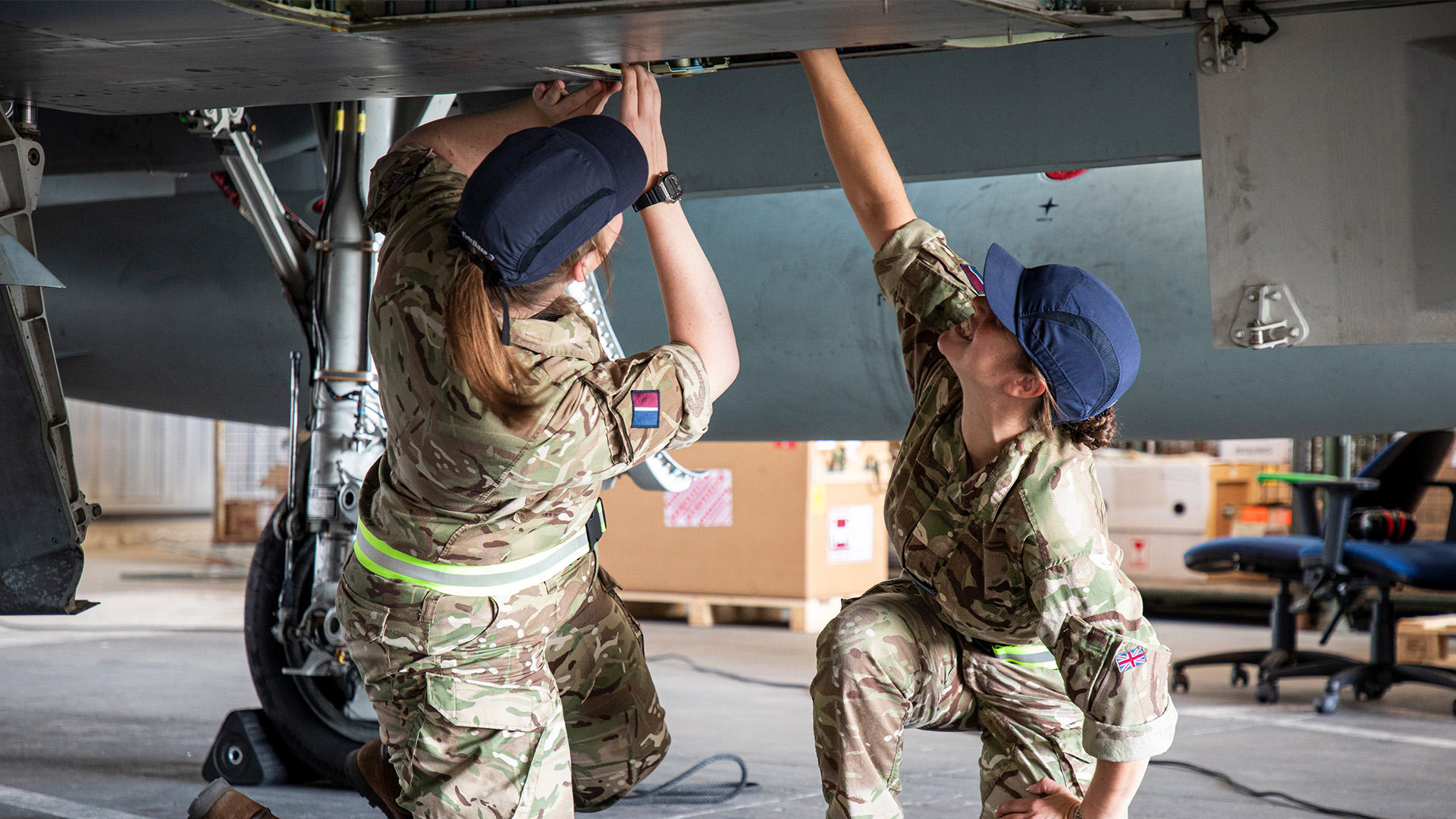
Barriers and challenges remain for servicewomen leaving the military, says report

Not enough understanding and support is given to servicewomen leaving the Armed Forces, according to a report from the Forces in Mind Trust (FiMT).
Despite more than 1,000 servicewomen in the UK leaving the military each year, the FiMT study says research has largely focused on ex-servicemen.
The trust, which wants to see the Ministry of Defence and the charity sector do more for female veterans, believes this has led to a gap in understanding of the specific experience of female veterans.
The report acknowledges that all ex-service personnel can struggle with a loss of identity and purpose, but says ex-servicewomen face additional challenges including a lack of adequate health services and recognition of physical injuries.
Women describe a lack of recognition of their military service and report feeling undervalued.
Crucially, ex-servicewomen also report leaving the Armed Forces earlier than desired, due to a combination of factors.
These include family demands, lack of accommodation for women's needs, challenges in dual-service households and experiences of discrimination, harassment and assault.
The report suggests there is room for improvement with better career advice for women transitioning into civilian life and a more open attitude from veterans' groups.

"Whilst progress has been made to improve transition for ex-servicewomen, this research highlights that barriers still remain which can undermine the positive aspects of service and have a negative impact on transition outcome," said Michelle Alston, the trust's chief executive.
The authors of the report hope that highlighting inequalities could help influence policymakers to bring about change for female service-leavers.
They believe those changes first need to happen while women are still serving.
"Being a member of the Armed Forces can be a significant part of a person's identity, but we found that servicewomen often experienced their identities contested or unwelcome both during and after service," said Dr Sharon Stevelink, the report's senior author.
"It's possible that the negative characteristics that we've identified originate from a non-inclusive culture that begins during service that is carried over into post-service life."









